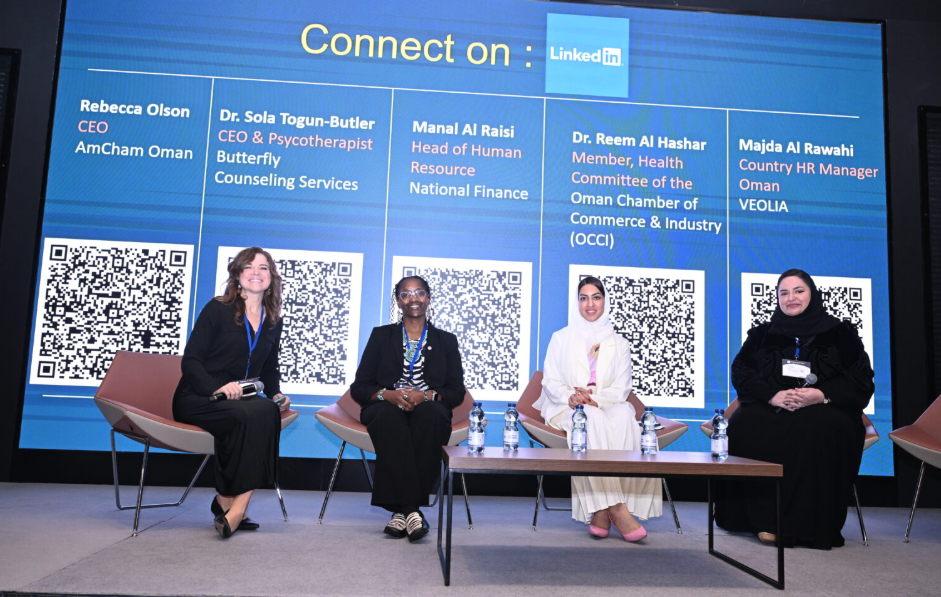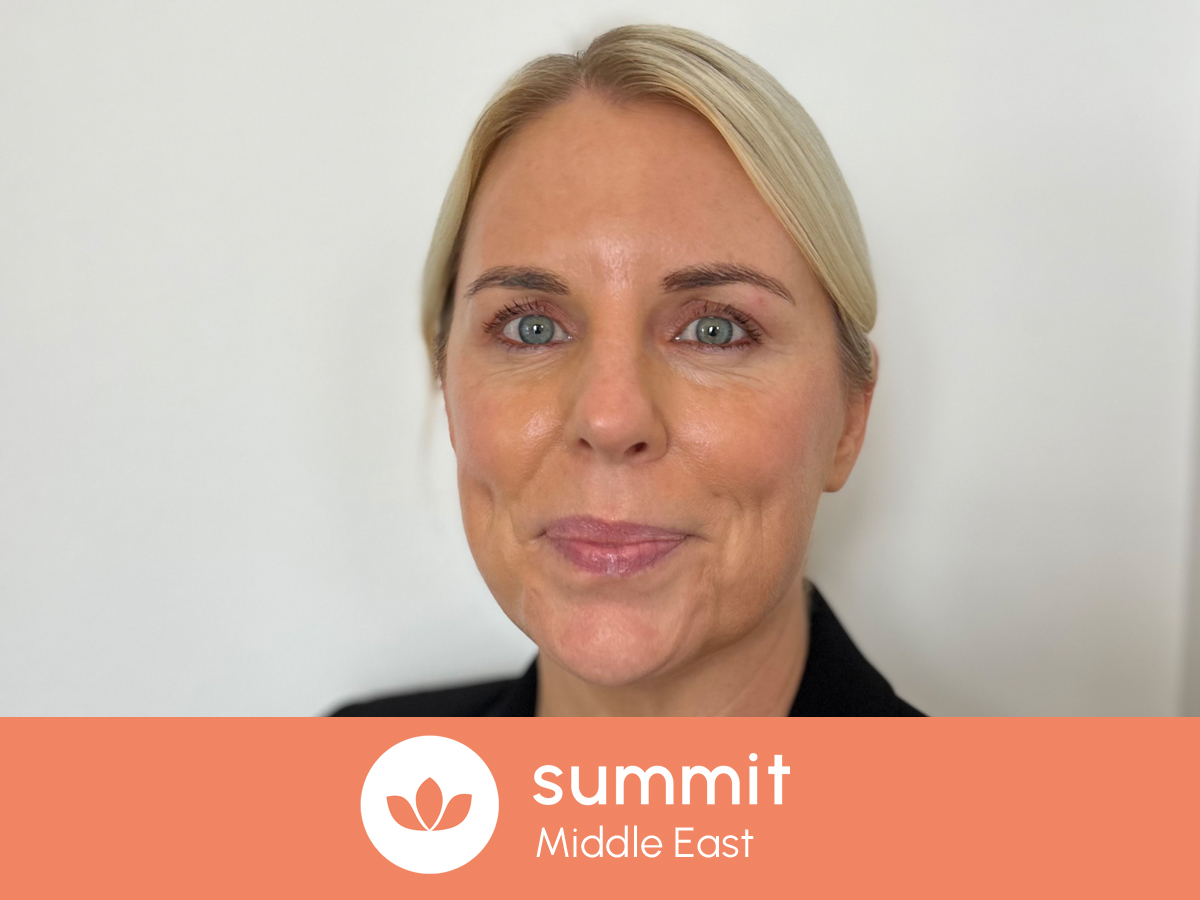
Kofi Josephs is an elite athlete, entrepreneur, author, international model, psychology graduate, and mental health advocate who has dedicated his career to inspiring and empowering individuals to unlock their full potential. As the founder of Why Not I, he combines his experiences across sport, business, and fashion to help individuals and organizations build resilience, self-belief, and a mindset for success.
A former Team England and Great Britain senior international basketball player, Kofi competed on the global stage at the 2018 Commonwealth Games and holds an all-time British Basketball League (BBL) record.
We are delighted that Kofi will be speaking in Manchester as part of our UK. We caught up with him to find out how he’s feeling in the runup to the event.
Hi Kofi. You’ve lived a high-performance life in elite sport. What lessons around mindset, pressure, and identity do you think translate directly into the workplace?
I’ve lived a high-performance life in elite sport for over two decades now and I’ve learned a lot of different things. One of the key lessons I’ve learned is how important it is to understand that a team—whether in sports or another realm—is a culmination of individuals that have their own personalities, skillsets, and temperaments.
Understanding this down to its core, and then modifying and understanding how to get the best out of each individual so that it pushes the team forward, is key. I’ve learned this from being the individual that has been pushed, and the leader having to understand this. When you focus on the individual details, you get to your outcome faster than by only focusing on group goals.
We may all be on the same ‘team’ but we have differences that not only benefit the team but can also slow us down—and it’s our job to find out how.
What do most workplaces misunderstand about mental wellbeing?
I think that most workplaces misunderstand that mental wellbeing is a spectrum. There’s a taboo around mental health and wellbeing. Managing your employees’ day-to-day life at the company will go a lot further with them than having them in an unhealthy environment full of tick boxes and then giving them a long weekend or a company away day.
The culture has to be developed and supported from the root rather than at the flowers. And it may take some work—because the train has already left the station—but when you take a super step back and look at the overall goal and mission, driving in the direction of your destiny the correct way creates more upside than is seen in the short term.
You speak a lot about the difference between resilience and suppression — can you explain that for our audience?
Resilience is being aware of what you are going through, how you feel, and conjuring up a plan of how you need to move forward in your situation. Suppression is not even being aware. The latter creates more damage than good and causes unalignment.
Things worth having, that separate us from others, are usually hard. But that’s okay and may make us feel emotions that feel uncomfortable. Resilience helps you lean into the whole process, resulting in getting out of it what you may need to learn, rather than what you want to.
Hypothetically sticking your head in the sand like an ostrich never helped anybody.
What would a ‘mentally fit workplace’ look like to you in real terms, not just on paper?
I believe the mind and the body are combined—scientifically proven actually. A mentally fit workplace to me would involve movement in some capacity. Creating a safe space for individuals to get exercise whilst also working.
I understand this may be different in every environment, but for individuals that work at a desk, I’ve seen the desks that can be raised to a higher height and you stick a treadmill underneath it so they can get their steps in. I think mentally fit ties in with healthy.
So the question should be: what does a mentally healthy workplace look like? When you ask the right questions, you’re closer to getting the right answers.
Being fit and being healthy are two different things. An individual that runs a marathon may be fit, but if they smoke, eat badly, don’t drink water—they are unhealthy. And it’s only a matter of time before their decline. Focusing on the marathon of life—or the workplace—is what creates real change that matters in the long run. And this starts with the culture, first and foremost.
Why are you passionate about shifting conversations on suicide prevention and performance mindset?
It’s something that’s close to my heart. I’ve had my own experiences that have brought me close, and now that I’m through what tried to break me, I’ve come to understand that everything I was going through I needed to become the person I am today.
At the time, I simply didn’t want to feel like that and wanted to call it quits—but I’m thankful I didn’t. Not solely for selfish reasons, but for all the lives I’ve been able to support since then. My burden has become my testimony, and it’s created a bridge between me and people that transcends sports or people being a fan of what I do.
Now they can connect with who I am, which ultimately enables me to help them in a better way.
Performance has always been important to me. I have been naturally gifted my whole life, but it’s mentally where I struggled. Understanding how my mindset to perform—once I elevated it—has helped me in every facet of life. I thought it was silly to not make it a key focus not only for myself but for others too.
You founded Why Not I — a movement, a platform, and a mindset. How do you see it impacting the corporate world?
Why Not I gives inspiration and aspiration. The corporate world needs this. A company is a culmination of individuals. Motivation is one thing—but it’s fleeting.
To feel inspiration, to feel aspiration—that drives individuals in a different type of way that is truly intrinsic. Through mental health education and support, we align the mind in the right way so that the individual wants to become their best self in a complete way, not just for the meantime.
That ultimately benefits the corporate space—having individuals who are healthy in mind, body, and soul perform because they want to, not because they have to.
If you could implement one wellbeing change in every organisation tomorrow, what would it be?
I would implement some type of counselling that is internal to the company, but external in terms of the counsellor. A safe space where individuals can get support and speak safely and freely about what they are going through.
We tend to forget that individuals within a company are people too. Whether this is the lowest person in the company or the CEO, they all need support. And relying on their personal world to support them—in such a busy, chaotic world—is unrealistic.
We spend the majority of our lives at work. Having a true safe space to let air out of the balloon so we can do what we need to is needed.
Kofi will be speaking in Manchester at the Wellbeing at Work Summit UK which takes place in London on 23rd September and virtually on 24th September and in Manchester on 25th September.
Further details on the Summit in London and tickets can be found here.
Further details on the Summit in Manchester and tickets can be found here.



